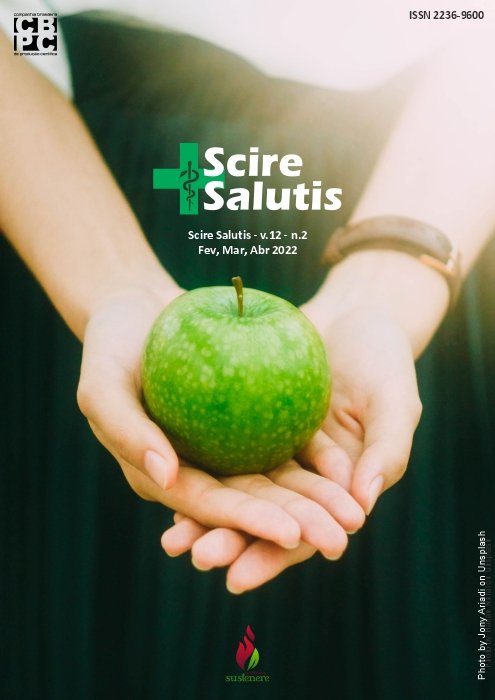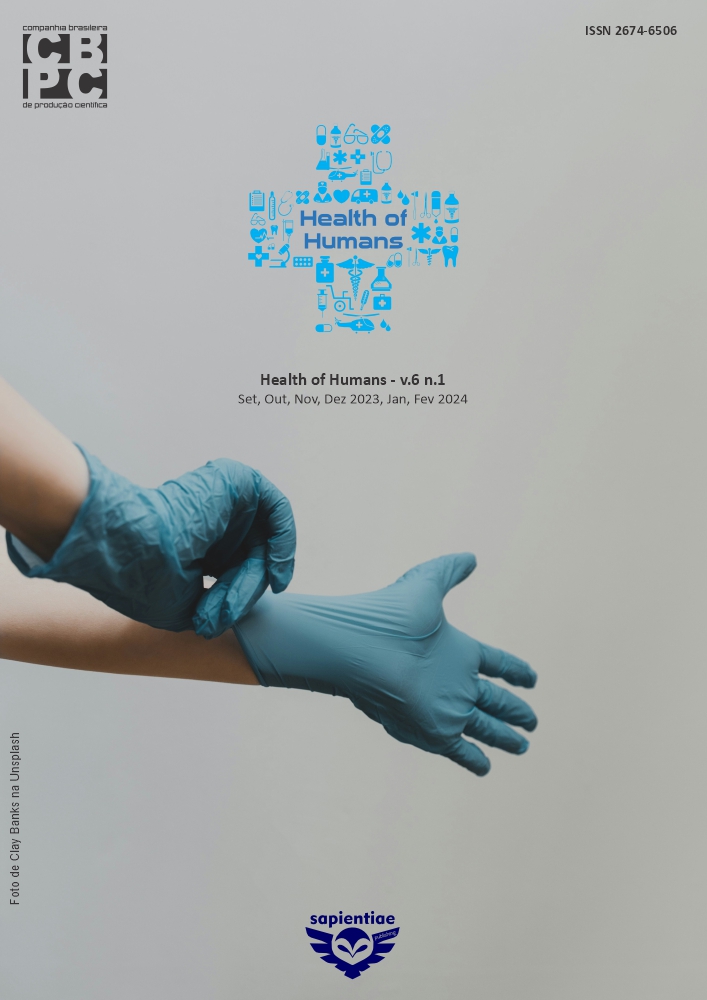Dental care in patients with Down syndrome
DOI:
https://doi.org/10.6008/CBPC2236-9600.2022.002.0030Keywords:
Dentistry, Down's syndrome, Evaluation, Qualified service, ManagementAbstract
Down syndrome is a chromosomal disease, in which there are several consequences to its bearer, among the most common problems is mental trisomy, chromosome 21, this disease was described by John Langdon Tang, and can be diagnosed during the pregnancy. It is noteworthy that the dentist needs to carry out a more detailed follow-up with these patients due to structural and oral anomalies. The objective is Discuss the dental care in patients with Down syndrome and the main skills to be developed by the dentist. The search for studies was carried out in the NCBI/PubMed (National Center for BiotechnologyInformation), SciELO (Scientific Electronic Lirary Online), Academic Google and Lilacs - Bireme (Latin American and Caribbean Literature in Sciences) databases. Health). To delimit the contents, inclusion criteria were used: articles available in full, in Portuguese, English and Spanish, published between the years 2016 to 2021 with free access and that were relevant to the theme. In the course of the nine articles discussed, it was highlighted that the patient with Down's Syndrome has palpebral fissure, epicanthus epidermis, small saddle nose, ear deformity, head deformity, flat occiput, short and flat neck, short stature , small and wide hands and feet and changes in the endocrine and metabolic system involving the thyroid and pituitary glands, in addition to mutations in their oral tract that must be evaluated by the dentist and taken into consideration when choosing anesthesia and oral treatments. The dental surgeon needs to assess the situation of the patient with Down's Syndrome, taking into account the risks of submission to the anesthetic process, creating a trusting relationship with patients and their families, and thus acting effectively in preventing degradation of oral health.
Downloads
Downloads
Published
Issue
Section
License
Copyright (c) 2022 Scire Salutis

This work is licensed under a Creative Commons Attribution-NonCommercial-NoDerivatives 4.0 International License.
The CBPC - Companhia Brasileira de Produção Científica (Brazil CNPJ: 11.221.422/0001-03) the material rights of the published works. The rights relate to the publication of the work anywhere in the world, including rights to renewals, expansions and dissemination of the contribution, as well as other subsidiary rights. All electronically published works may subsequently be published in printed collections under the coordination of this company and / or its partners. The authors preserve the copyright, but are not allowed to publish the contribution in another medium, printed or digital, in Portuguese or in translation.








